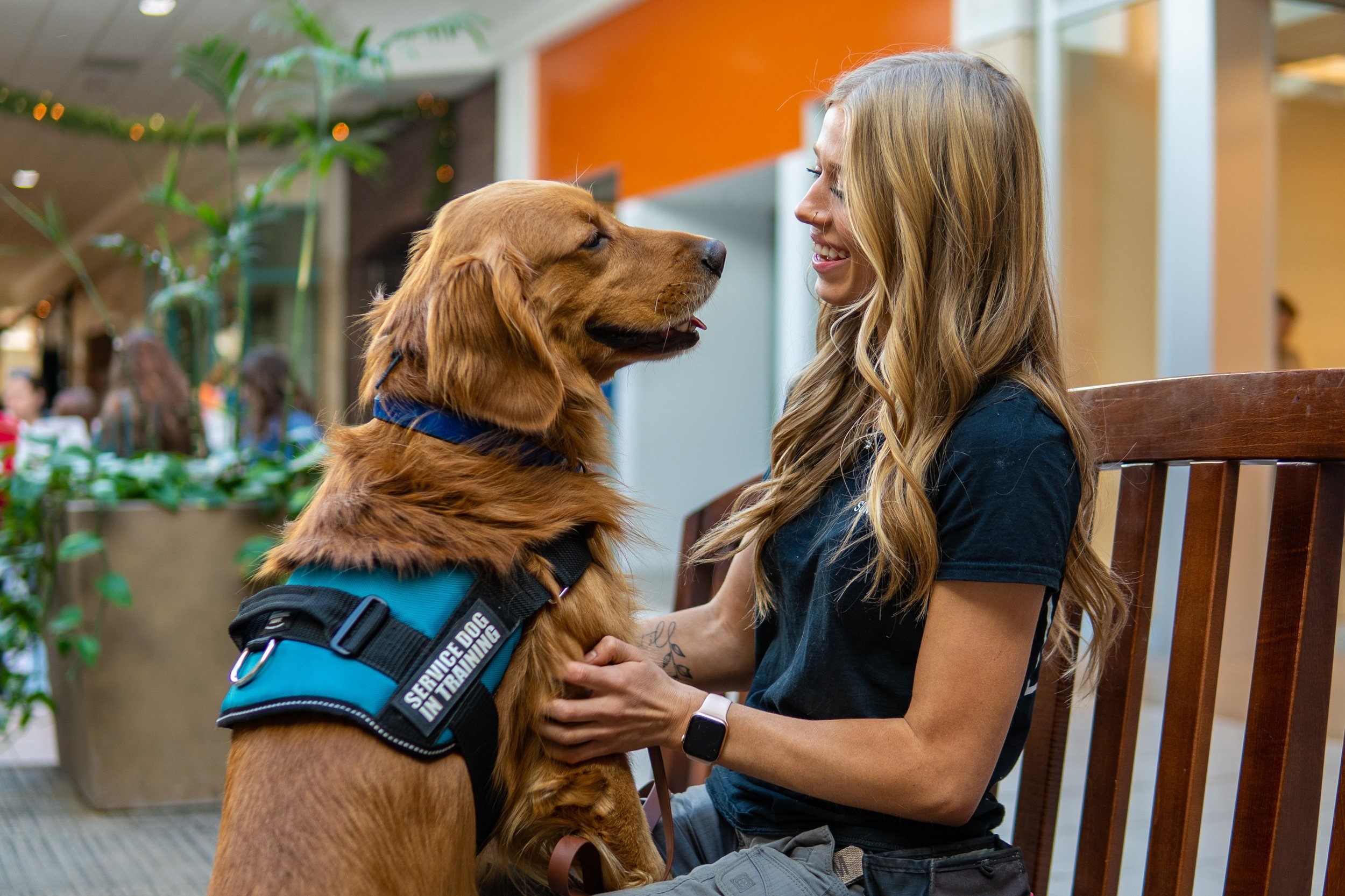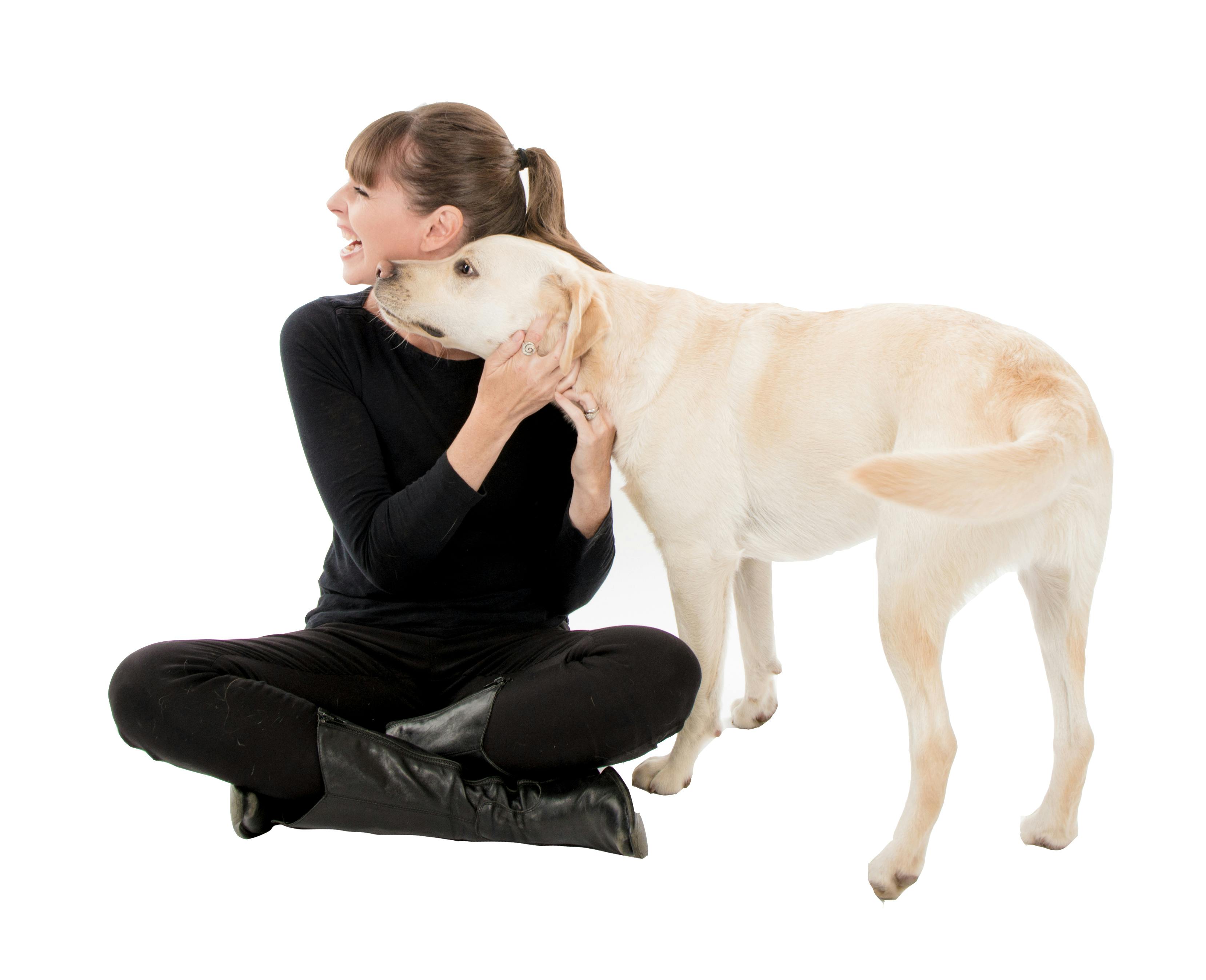Budget-friendly and Professional Dog Training For Dogs Near You
Budget-friendly and Professional Dog Training For Dogs Near You
Blog Article
Top Dog Training Strategies for Every Stage of Your Pet's Life
Efficient dog training is necessary at every stage of a pet dog's life, as each stage presents unique obstacles and chances for development - Dog Training For Dogs. From the fundamental bonding techniques required for young puppies to the tailored strategies needed for elderly pets, recognizing these important durations can dramatically enhance the human-animal bond. It is very important to recognize that training needs to advance together with a canine's growth, ensuring that methods continue to be efficient and relevant. What particular techniques can be used to resolve the varying requirements of your canine as it grows? The answer might amaze you.
Pup Educating Basics
Puppy training fundamentals prepared for a well-behaved grown-up canine and involve numerous crucial elements that ought to not be overlooked. The first stage of training concentrates on establishing a solid bond between the pup and its proprietor, which is vital for efficient communication. Socializing is vital; exposing pups to different environments, individuals, and other pets assists them develop self-confidence and versatility, decreasing the likelihood of behavior concerns later in life.
Basic commands, such as rest, remain, and come, develop the foundation of obedience training. Using favorable reinforcement methods, such as deals with and appreciation, motivates preferred behaviors and fosters a positive discovering experience. Uniformity in commands and training sessions is crucial, as young puppies flourish on regular and framework.
Furthermore, home training is an essential facet of pup training. Establishing a regular routine for shower room breaks and using assigned locations can help lessen accidents and promote excellent habits. Generally, a well-rounded technique to puppy training, integrating socialization, residence, and obedience training, establishes the stage for a well-adjusted adult pet dog, ensuring a harmonious connection in between the pet dog and its owner.
Teen Actions Monitoring
As puppies grow right into teenagers, their actions can change dramatically, commonly presenting new obstacles for owners. This developing stage, normally occurring between 6 months and 2 years, is noted by increased energy levels, interest, and a growing sense of self-reliance. Recognizing these modifications is important for efficient habits administration.
Teenagers may display rebellious tendencies, such as ignoring commands they formerly grasped or engaging in destructive behaviors. Uniformity in training continues to be extremely important; enhancing learned actions via favorable reinforcement can help counteract these obstacles. Short, appealing training sessions are necessary to maintain their interest and emphasis.

Additionally, establishing an organized regimen can significantly improve a teen pet's sense of protection. Regular exercise is essential to direct their power favorably, decreasing the chance of unfavorable habits. By utilizing these approaches, owners can efficiently navigate the complexities of adolescent behavior, fostering a well-adjusted, happy canine companion.
Grown-up Pet Obedience Strategies

Favorable support remains an essential method; rewarding etiquette with deals with, appreciation, or playtime encourages compliance. Uniformity is critical; the same commands and benefits must be Get the facts made use of by all relative to stay clear of confusion.
Incorporating training into everyday regimens can additionally be reliable. Method commands throughout strolls or dish times, permitting training to mix flawlessly right into day-to-day life. Participating in organized tasks, like dexterity training courses or obedience courses, can better boost a pet's abilities while giving valuable socializing opportunities.
It is essential to acknowledge that adult canines may also exhibit stubbornness or complacency. Readjusting training strategies to keep their rate of interest, such as differing benefits or introducing brand-new commands, can assist endure inspiration. On the whole, a continuous dedication to obedience training will certainly promote a well-behaved and balanced adult dog.
Elderly Pet Dog Adaptation Techniques
Recognizing the one-of-a-kind demands of senior canines is vital for guaranteeing their comfort and well-being. As pets age, they might experience a decline in movement, vision, and cognitive feature, requiring tailored adjustment methods.
First, think about modifying the living setting. Guarantee that the home is obtainable and safe; eliminate obstacles her response and offer non-slip surfaces to protect against falls. In addition, take into consideration utilizing actions or ramps to help them access their favorite spaces.
Secondly, workout should be adapted to represent lowered stamina and joint wellness (Dog Training For Dogs). Take part in much shorter, more regular strolls, and integrate mild activities like swimming, which can be valuable for arthritic joints
Furthermore, psychological stimulation stays essential. Use straightforward challenge toys or participate in scent work to maintain their minds sharp, while avoiding overwhelming jobs that might annoy them.
Lastly, routine vet exams are important to keep an eye on wellness adjustments and readjust treatment routines accordingly. By implementing these adaptation methods, you can boost the lifestyle for your senior dog, ensuring they age gracefully and comfortably.
Lifelong Knowing and Enrichment
While canines of any ages benefit from learning and mental stimulation, long-lasting enrichment is specifically vital for keeping cognitive wellness and psychological wellness in both senior and younger pets. Involving tasks not only enhance a dog's quality of life yet additionally enhance the bond between the dog and its proprietor.
Enrichment can take numerous types, including interactive toys, puzzle feeders, and aroma job, which promote a dog's detects and motivate problem-solving. Normal training sessions, integrating new commands or methods, maintains their minds sharp and promotes a feeling of achievement. Socialization with various other pet dogs and people is just as crucial, as it assists stop behavioral issues and cultivates flexibility.
In addition, including exercise into a pet's regimen is necessary for overall wellness. Activities like dexterity training, fetch, or long strolls supply both mental and physical stimulation, making certain pet dogs remain delighted and engaged.
Finally, consider differing the environment by presenting brand-new places for playdates or walks. This adjustment can reignite a dog's interest and enthusiasm for exploration. Long-lasting knowing and enrichment not just add to a satisfying life yet also advertise an unified relationship with your canine buddy.
Conclusion
Reliable pet dog training methods progress throughout a dog's life, dealing with the distinct requirements of each developmental stage. Highlighting routine mental stimulation, socialization, and physical exercise fosters a well balanced and meeting life for pet dogs.
Efficient pet dog training is essential at every phase of a pet's life, as each stage provides special difficulties and chances for growth.Puppy training essentials lay the foundation for a mannerly adult dog and entail numerous crucial elements that ought to not be neglected. Overall, an all-around approach to puppy training, including obedience, socializing, and house training, establishes the phase for a well-adjusted adult pet, making sure a harmonious partnership in between the animal and its proprietor.
Lots of canine proprietors may find that grown-up dogs, while normally more steady in behavior than their teenage counterparts, still call for constant training to keep obedience and great manners.Effective pet dog training techniques evolve throughout a dog's life, resolving the distinct needs of each developing phase.
Report this page